Protecting Your Possessions: Understanding Personal Property Insurance on a Homeowner Insurance Policy
Your home is more than just a building; it's where you've created memories and collected cherished possessions over the years. Homeowner insurance is essential to safeguard your property, and a crucial component of this insurance is personal property coverage. In this blog, we'll delve into what personal property insurance is, how it works, and why it's a vital part of your homeowner insurance policy.
Defining Personal Property Insurance
Personal property insurance, also known as contents coverage, is a key element of your homeowner insurance policy. It provides financial protection for your personal belongings, both inside and outside your home, in the event they are damaged, stolen, or destroyed due to covered perils.
How Does Personal Property Insurance Work?
Here's how personal property insurance works within your homeowner insurance policy:
- Coverage Limits: Your insurance policy will specify a coverage limit for personal property. This limit represents the maximum amount the insurance company will pay to replace or repair your belongings in the event of a covered loss.
- Covered Perils: Personal property insurance typically covers a wide range of perils, including:
- Fire and smoke damage
- Theft and vandalism
- Windstorms and hail
- Lightning strikes
- Explosions
- Riots and civil disturbances
- It's crucial to review your policy to understand which specific perils are covered and which are excluded.
- Actual Cash Value vs. Replacement Cost: When making a claim, you may be compensated based on either the actual cash value (ACV) or replacement cost value (RCV) of your belongings:
- ACV takes into account depreciation, so you'll receive a payout based on the item's current market value.
- RCV provides funds to replace the item with a new one of similar kind and quality, without accounting for depreciation.
- RCV coverage is often more expensive but can be worth it, as it allows you to replace your belongings with brand-new items.
- Deductible: Like other insurance types, personal property coverage often comes with a deductible. This is the amount you'll need to pay out of pocket before your insurance coverage kicks in. For instance, if your deductible is $500 and you have a $1,000 claim, you'll receive $500 from your insurance company.
- Coverage for Personal Property Off-Premises: Personal property insurance can extend to your belongings even when they're not on your property. For example, if your luggage is stolen while on vacation, your policy may cover it.
Why Is Personal Property Insurance Important?
- Asset Protection: Personal property insurance protects your valuable belongings from financial loss due to unexpected events like fires, theft, or natural disasters.
- Peace of Mind: Knowing that your personal possessions are covered can offer peace of mind. You won't have to bear the full financial burden of replacing items that are damaged or stolen.
- Customized Solutions: Personal property insurance allows you to tailor coverage to meet your specific needs. High-value items like jewelry, electronics, or collectibles can be separately scheduled for higher coverage limits.
- Savings: Without personal property insurance, replacing stolen or damaged items can be costly. Insurance can significantly reduce the financial impact of such incidents.
- Temporary Housing: In case your home becomes uninhabitable due to a covered peril, personal property insurance may also cover the cost of temporary housing or accommodations.
Conclusion
Personal property insurance is a fundamental part of your homeowner insurance policy, ensuring that your personal belongings are protected against unexpected events. By understanding how it works, reviewing your coverage limits, and regularly updating your policy to reflect changes in your possessions, you can rest assured that your treasured items remain safeguarded. With the right insurance, you can enjoy peace of mind in your home, knowing that your personal property is backed by a safety net in case of the unexpected.

